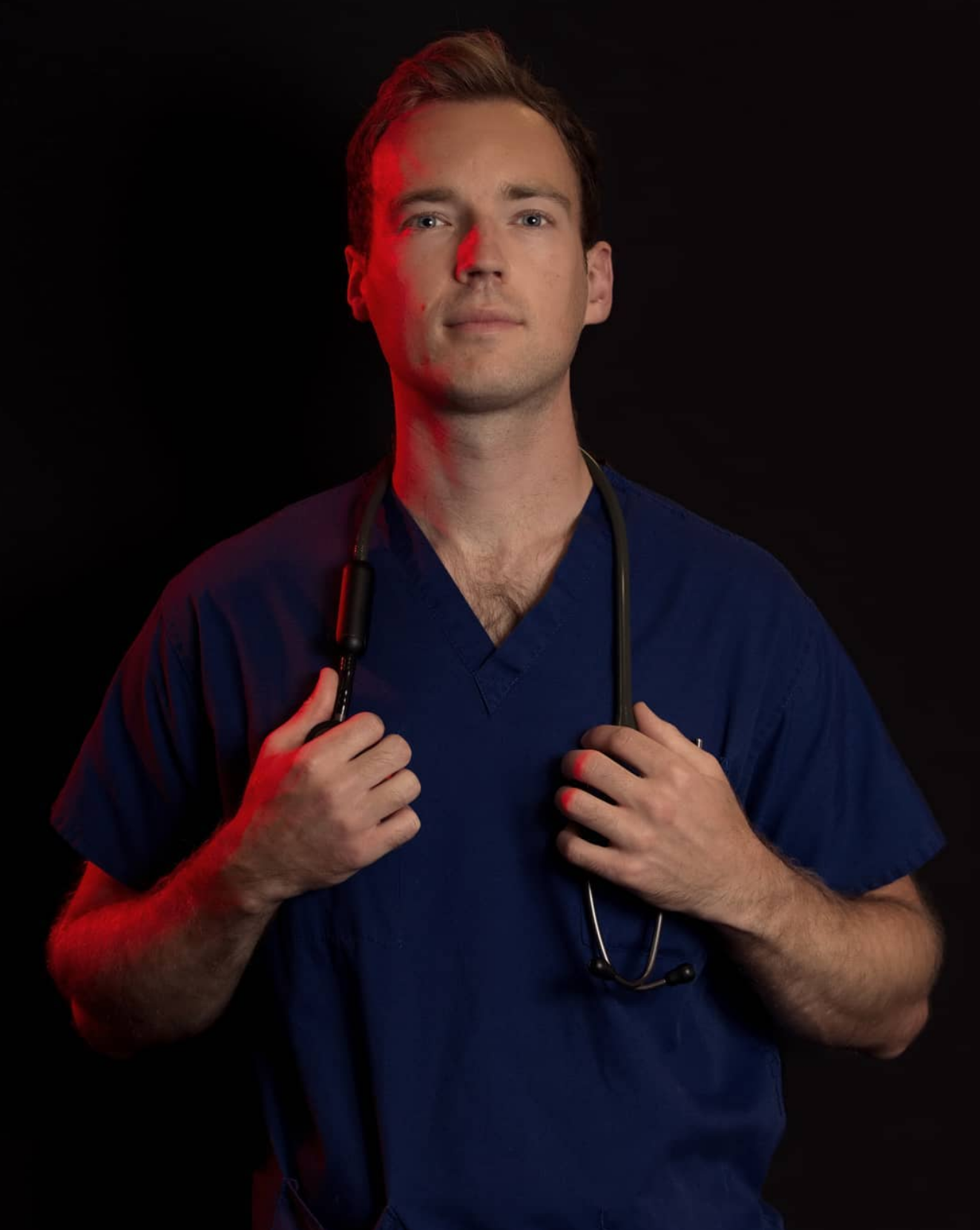Feelings of uncertainty when thinking about Foundation Training
There has been significant concern in recent weeks among medical students, particularly those in Final year, following the outcomes from the Foundation Programme allocation process for 2024 recruitment. As a doctor who has been through this stage of job applications, albeit some time ago, I can identify with some of the concern. I was not allocated a pre-registration house-officer post (as it was known when I applied in 2002) in the first round of applications, and vividly remember the emotions and feelings I went through back then.
The 2024 Foundation allocation process however is different to the application system I went through for a number of reasons.
Firstly, the general process for allocation was changed in 2023 and the major difference was a move to preference-informed allocation (PIA) from ranking based on educational performance measure (EPM – i.e. how well a student performed cumulatively on MBBS across Years 1-4) and outcome on the situational judgment test (SJT – a computer-based assessment based around clinical scenarios designed to assess some of the essential competences related to patient focus, commitment to professionalism, coping with pressure, effective communication and team working).
This change was driven by a desire to ensure more students got their first preferences, and also by the observation medical students from non-traditional backgrounds were likely to have been disproportionately disadvantaged by ranking-based allocation. The UKFPO conducted modelling in January 2023 which found PIA resulted in 79.47% of applicants obtaining their first choice foundation school compared to the previous score-based system, which achieved 73.90%. This modelling informed stakeholder engagement surveys, which found 66.00% of respondents favoured a move to PIA in June 2023.
The PIA is delivered through the Oriel platform with the software works through the list of applicants in computer-generated rank order to assign as many applicants as possible to their first choice, before allocating applications to their next available choice. At first glance, the change appeared to deliver an improvement with 75.00% (from 71.00% in 2023) of the 9,702 eligible applicants allocated to a Foundation School.
However, closer inspection identifies several other observations. Although 75.42% of students, 4.40% more than last year, received their first preference, this was less than the modelling predicted and not the highest seen historically. Secondly, one in four medical students have not been allocated their first choice school, while 740 students (7.6%) have also been allocated to one outside of their top five. This was the second worst year since 2017 for allocating top five preferences, which fell by 2.59% compared to 2023. With 9702 allocations, this means nearly 740 students were allocated to Foundation Schools outside of their top five. 36 students will have been allocated to their 18th preference. PIA will also be used for Specialist Foundation Programmes in 2025.
This data will be a source of professional concern for future medical students for various reasons, and cause uncertainty ranging from what approach to take for ordering preferences through to choosing whether to pursue intercalated degrees or extra-curricular activities. Personally as well, the social network around medical students in their preferred place of work often goes into the decision-making, hence being allocated somewhere without that support immediately causes uncertainty.
As a feeling, uncertainty is made up of one or more underlying emotions such as anxiety, and finding ways to manage or control them, with or without the support of others, is a different type of medical school challenge at this stage of professional development. From a growth mindset perspective, the uncertainty could potentially be seen an opportunity to have a conversation with oneself as well as others about career path, something which is often neglected throughout the course, and in medicine in general.
The careers challenge for educators is ensuring medical students get time and space to have conversations about where they want to go personally and professionally, rather talking at them about where we think they could or should go next. Likewise, giving students perspective is important as well, and there can be a tendency to not take the long view on decisions such as extra-curricular activities or intercalated degrees. Beyond Foundation Training, all other recruitment into core and speciality training are competitive, and not necessarily remembering additional markers of esteem such as prizes and publications do still matter, and give individuals a competitive edge.
Finally, very few doctors with more than two decades of experience working in the NHS will ever turn around and say they regretted their choice of career path. There are of course exceptions to the rule, but the point is more about careers being reframed away from a destination or outcome, towards a more philosophical stance about careers being more about the process of going through life, and as much about the journey of discovering oneself along the way.
Taking the long view, it doesn’t really matter about the path taken to get somewhere, rather how someone learnt along the way and got there in the end. Given the career intentions of medical students in 2023-2024, the focus should be on celebrating the best of medicine anywhere and everywhere in the UK, and reminding medical students relationships matter, and careers are all about relationships over time.







